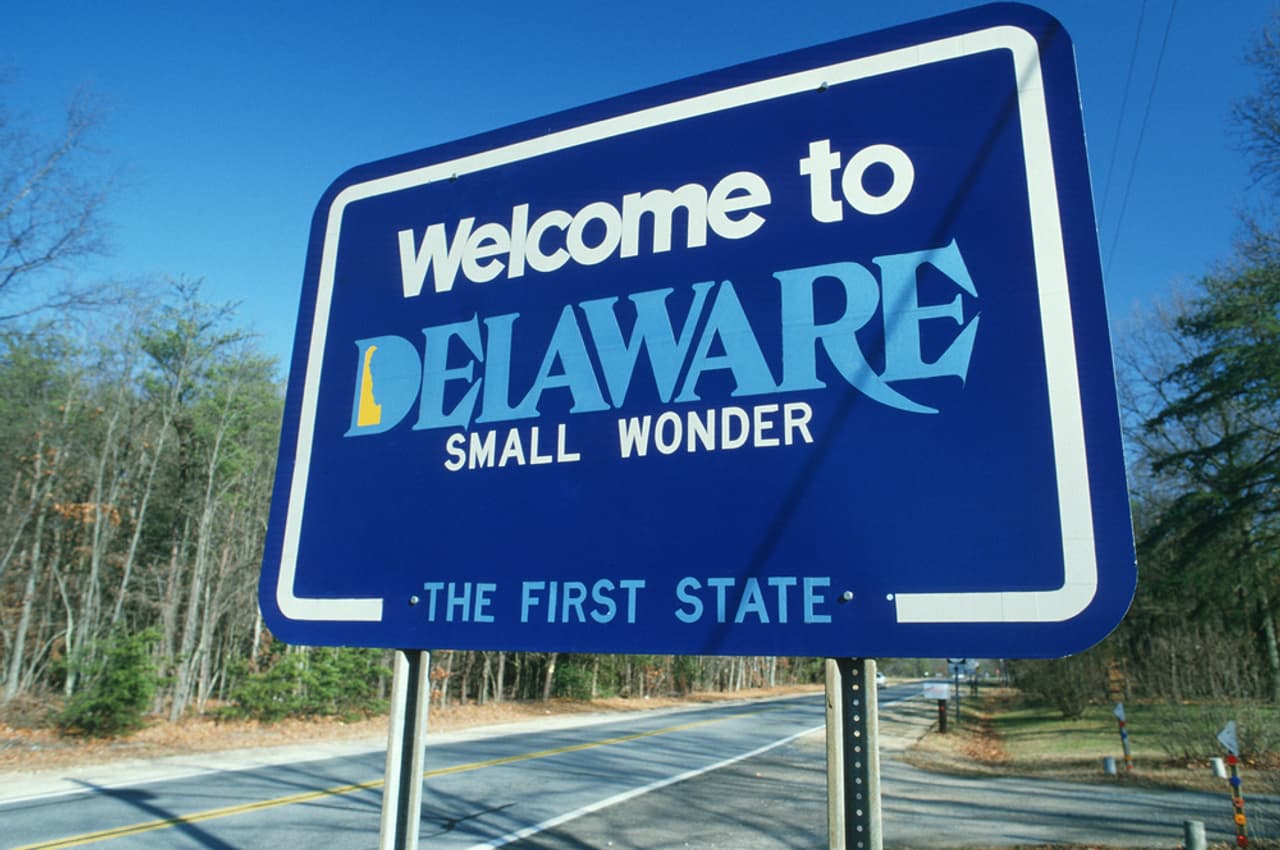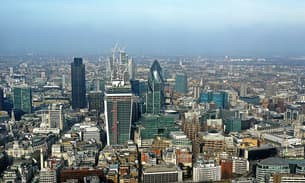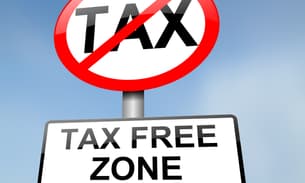
Delaware: the US tax haven of choice
An unassuming US office, 1209 North Orange Street, must be one of the most popular business locations in the world. It houses some of the world’s biggest companies: American Airlines, Bank of America, Apple, Coca-Cola, Google, Ford and Wal-Mart… the list goes on. In fact, it houses 285,000 separate businesses.
The reason this property is such an attractive piece of real-estate is all down to: location, location, location.
North Orange Street is in Delaware, the most opaque tax jurisdiction in the US, where businesses can use legal means to dramatically reduce the tax they pay.
It’s a quiet office, too. You won’t find Larry Page and Bill Gates gossiping by the watercooler in 1209 North Orange Street. These businesses, obviously, do not operate out of the building. Rather they use the address as a dropbox, making their presence in the state a technicality.
The likes of Google and Apple are not alone. A recent article in New York Times explores how nearly half of all the public corporations in the United States are incorporated in Delaware.
There is no suggestion that any of the companies mentioned above have employed tax avoidance methods or acted improperly, however the opaque nature of the state’s reporting processes means finding more about Delaware based subsidiary companies is nearly impossible.
‘The Delaware loophole’
The article has some surprising revelations. Delaware has more corporate entities, public and private, than people. It’s a clear indication that these are almost all just shell companies – with no employees, assets or any real business dealings in the state.
A major reason for the state’s popularity is the fact that Delaware does not tax Limited Liability Companies (LLC) which do not have business operations in the state. So any company which operates in another state can simply register an LLC subsidiary in Delaware and transfer its revenue to the tax haven, thus avoiding taxation on their profits.
On top of this, certain profit-making intangible items such as trademarks, royalties and leases are not taxable in Delaware and can be counted as deductions in other states, reducing the company’s tax there.
According to the article, this has resulted in a loss of $9.5 billion to other US states over the last decade.
Pennsylvania is just one state losing out to the loopholes of Delaware. Many of the gas exploration companies working in the state are registered in Delaware. The result of which, in 2004, was an estimated cost of $400million annually in lost revenue to Pennsylvania.
But who wouldn’t be tempted?
Setting up a shell company in the Delaware is a quick and easy process. According to the New York Times it takes less than an hour to incorporate a company in Delaware and involves less paperwork than applying for a driver’s license.
Read more about shell companies and tax breaks here.
There goes the neighbourhood
The simplicity of the process has, however, attracted some less salubrious characters. Known arms dealers, con-men and illicit-good smugglers have all registered companies in Delaware. Russian arms dealer Viktor Bout, ‘the merchant of death’, had two registered addresses in Delaware. And Serbian cigarette smuggler Stanko Subotic used three airplanes registered in Delaware as part of his smuggling operation.
Details like this, however, only come out through court cases. Normally, the state offers anonymity.
As well as shielding company ownership, easily registering in a US state can have other benefits. Holding an official American address can come in handy when opening bank accounts anywhere in the world.
Regulating a black hole
Things might be changing, though. There are those increasingly expressing concern about Delaware’s tax opacity. Even the Cayman Islands, one of the world’s major offshore tax havens, are up-in-arms at the lax regulations of Delaware.
Closer to home senator Carl Levin, a Democrat, is leading the fight to bring greater transparency to the state. He is pushing for legislation that would demand that states collect information on the ‘beneficial ownership’ of companies registered in their state borders.
But it is a long struggle.
Levin has introduced the legislation three times since 2000. Each time it has been shot down. Unsurprising, given that Levin faces the goliath of the US financial lobby. The National Association of Secretaries of State (NASS), a ‘professional association for state government officials’ has been particularly vocal arguing against greater transparency. NASS are backed by the Chamber of Commerce and the state of Delaware.
Delaware has even hired a lobbyist to argue their case.
Delaware’s chief deputy secretary of state Richard Geisnberger has spoken on his fears over greater regulations. ‘This would be a massive inhibitor to starting a business. It would end up taking weeks or months to get a business started. And I think a lot of them would move underground and into the black market and just not form a legal entity,’ he told the New York Times.
Meanwhile, over 60% of Fortune 500 listed US companies are registered in Delaware, enjoying the legal tax benefits and the privacy afforded to them by a state eager to please.
Read the New York Time’s article here.
Main image supplied by shutterstock.com




